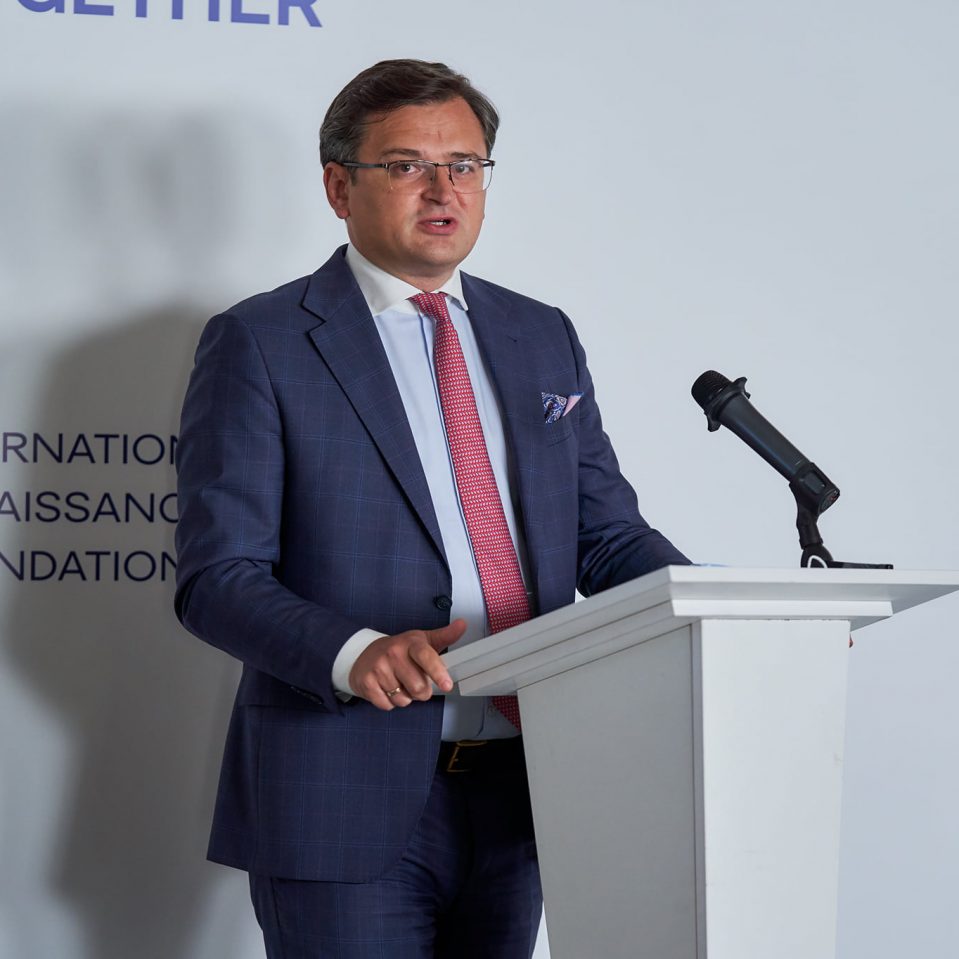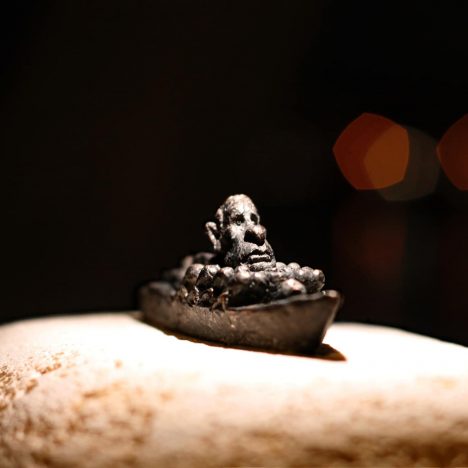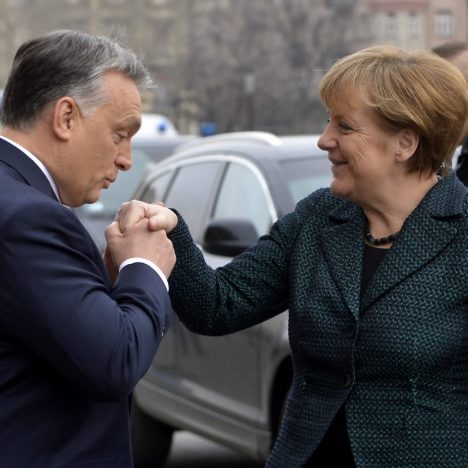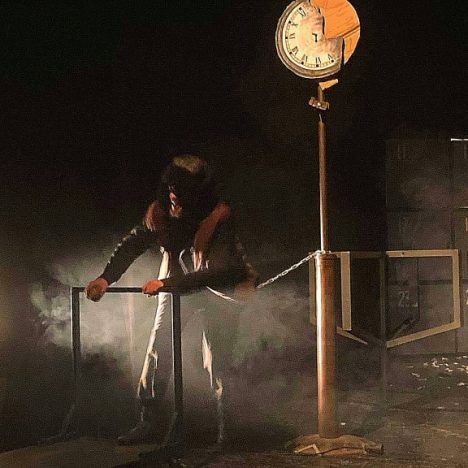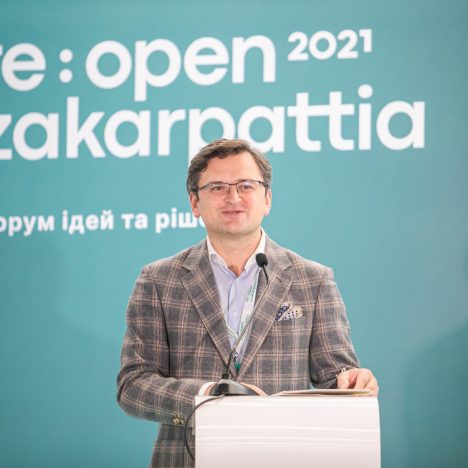Keynote speech by the Minister of Foreign Affairs of Ukraine at the Ukrainian Central European Forum in Kyiv, September 15th, 2021
Excellencies, friends!
People working with me know that since I became Foreign Minister I started putting a lot of pressure on my colleagues telling them we need to do more in Central Europe. We need to get back to Central Europe, we need to have better relations with our neighbours, we need to be better integrated into the network of various formats in Central Europe. I do not do a lot of forums and opening speeches. But as soon as I was invited to address this gathering, I immediately accepted, because this is exactly what I want to be happening and this is exactly what fits Ukraine’s foreign policy priorities.
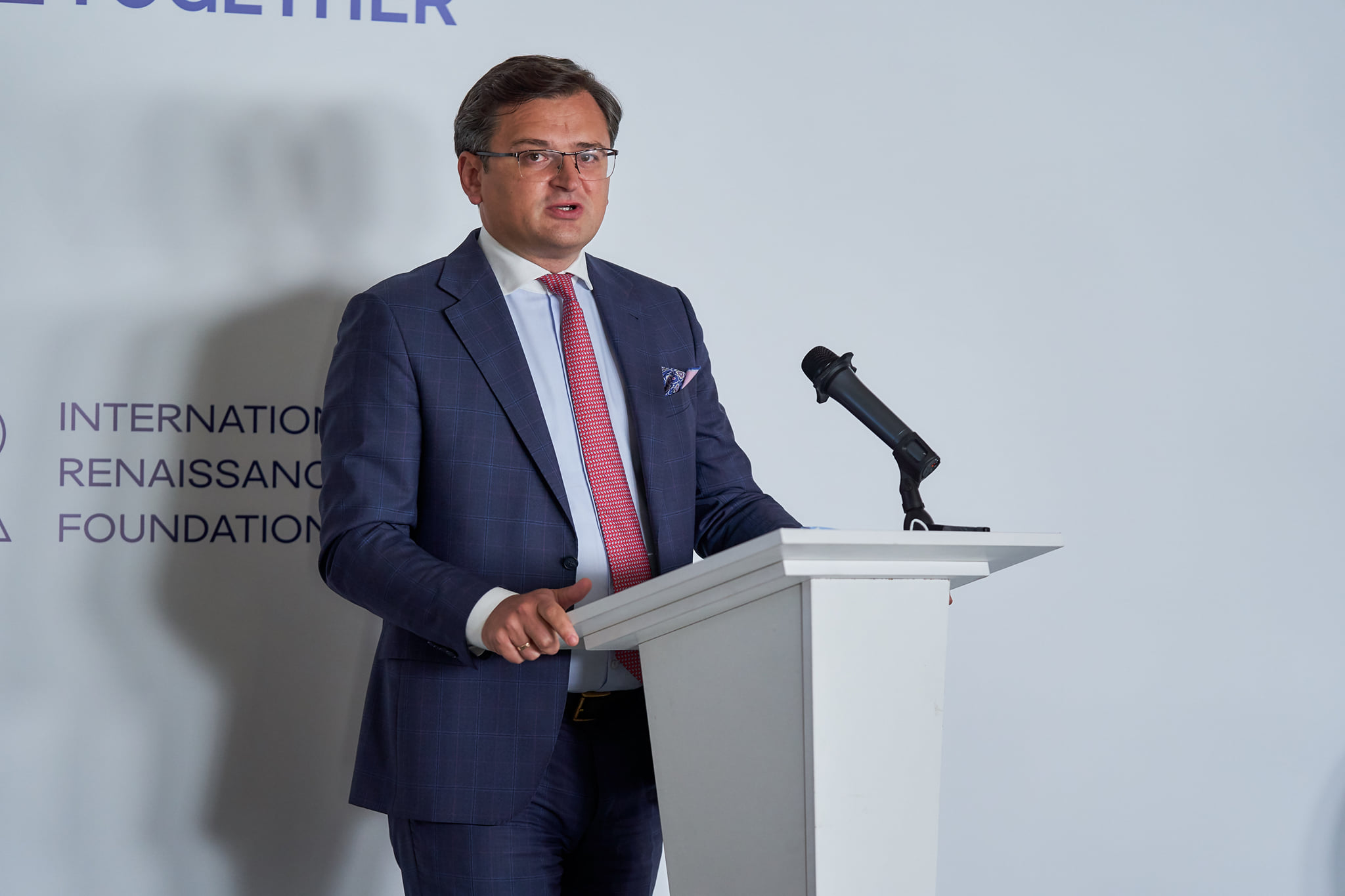
Historically, there has formed an interesting division in this part of Europe, because whether you belong to Central Europe or Eastern Europe is defined neither by geography, nor by culture, but rather by a nation’s relatively recent political past. Which is something we can influence and change. Europe has been fragmented for hundreds of years, which has always been one of Europe’s strengths and also one of its weaknesses. Today we see a different trend, a trend of building a stronger united Europe. Needless to say we see Ukraine as part of this effort. For us, becoming part of a larger united Europe is indivisible from becoming part of a unified Central Europe. Therefore, in our Foreign Policy Strategy we attach great importance to the Central European region.
In fact, before Bohdan Khmelnytskyi signed a pact with the Tsardom of Muscovy in 1654, most of our history, interests, and economic ties had belonged to Central Europe. Our second, Oriental dimension came from the South. We should never forget that Ukraine has always had this very strong Oriental dimension in its history, which explains, for example, why developing ties with our strategic partner Turkey plays an important role in our current Foreign Policy Strategy and in our future.
To illustrate the importance of Ukraine’s Central European identity I could bring up a number of good historic references like the Union of Lublin, the battle of Orsha, the personality of Kostiantyn Ostrozkyi, who is buried here in Kyiv. These are all Central European historical events and prominent figures. We should never forget about it. This part of our history should never be overshadowed by the following historic developments, when Ukraine found itself integrated into what is now artificially called ‘Eastern Europe’.
Therefore, I am deeply convinced that Ukraine is and has always been a Central European state: historically, politically, and culturally. Most importantly, Central Europe is where our identity belongs.
We focus our foreign policy on a number of priorities and goals, and making Ukraine an active Central European state is one of them. This course becomes ever more apparent now, when for the first time in 30 years we have developed and adopted Ukraine’s first Foreign Policy Strategy, a systemic document which guides our foreign policy.
Ukraine is creating an area of security, freedom and prosperity for itself and the region between the Baltic and Black Seas. Ukraine actively creates regional formats and alliances. The most notable are the Lublin Triangle, Associated Trio, Ukrainian-Turkish Quadriga and the Crimea Platform.
We have created the new Quadriga format with Turkey last year, in which Foreign Ministers and Defence Ministers of Ukraine and Turkey hold regular joint meetings to discuss a wide range of European and Black Sea region political and security matters.
The Lublin Triangle with Poland and Lithuania was created in July 2020 and has already proven to be an effective format of regional cooperation.
Ministers of Foreign Affairs of the Lublin Triangle have held three meetings in its first year. This summer in Vilnius we signed the Roadmap for Cooperation and the Joint Action Plan to Counter Disinformation. We plan to hold a meeting of the Heads of Government and the summit of the Lublin Triangle leaders in the future. Just as the Weimar Triangle helped Poland integrate into the EU in the 1990s and early 2000s, the Lublin Triangle today is seen here in Kyiv as one of the tools to facilitate Ukraine’s road to EU membership.
The Associated Trio of Ukraine, Georgia and Moldova was created in May this year in Kyiv to further enhance our European integration and our dialogue with the EU. Ukraine, Georgia and Moldova are now closely coordinating positions in preparation for the Eastern Partnership Summit. We jointly advocate for an ambitious Joint Declaration which should acknowledge European aspirations of our three nations.
Ukraine’s regional leadership was further enhanced last year by the election of Ukrainian Ambassador to Hungary Liubov Nepop as President of the Danube Commission. For the first time in 70 years, Ukraine’s representative is in charge of developing policies within this reputable Central European organization.
I was pleased to be invited for the first time this year to a ministerial meeting of the Central European Five, which includes Austria, Slovak Republic, Slovenia, Hungary and the Czech Republic. For the first time this year too, Ukraine participated in a meeting of NATO Eastern Flank Allies Poland, Romania and Turkey. We also continue to actively cooperate with the Visegrad Four and are working on obtaining the status of a partner in the “Three Seas” initiative.
All of these new formats are Ukraine’s rapid response to the fast-changing political circumstances and security environment in the region. Ukraine pursues a proactive policy as envisioned by our Foreign Policy Strategy. We are building dynamic alliances in the region to address national and regional security challenges.
Looking at Central Europe, we see how fragmented and interconnected this part of the world map is. For decades, many various formats, networks, and mechanisms of cooperation have been bringing countries together, and this is how this part of Europe has lived for centuries. It makes clear how flexible our region has always been in order to respond to new challenges by developing a political geography where new links, new connections, new bonds can be established seamlessly between neighbouring countries in Central Europe. This special ability is one of the assets of Central Europe. If we accept the division of Europe into Western and Central – which some would probably prefer not to – one conclusion we can draw is that Central Europe is more flexible than Western Europe when it comes to establishing various formats of cooperation between countries.
I’m grateful to all our Central European partners for supporting Ukraine’s Crimea deoccupation strategy and joining the Final Declaration of the International Crimea Platform. In fact, it comes as no surprise that Central European countries were the first among all participants of the Crimea Platform summit to send in their confirmations of participation at the highest level along with the European Union which should be credited for taking a strong leadership too.
The Crimea Platform began its regular work on intergovernmental, interparliamentary and expert levels, and we will be particularly focused on cooperating with Central European countries on all of these three levels.
I’m also grateful to our Central European partners Poland, Slovak Republic, Hungary and the Czech Republic for supporting Ukraine’s reform process and Ukraine’s struggle to restore its territorial integrity and defend itself from Russian aggression.
This forum is yet another evidence that Ukraine is back in Central Europe at all levels: from political to expert. We are not guests in this region, we are part of it. We are both a security donor and a security recipient. We are rescuers, not victims. Ukraine is back in Central Europe, where it has always belonged. And we need to clear our Central European history, Ukrainian Central European history, from dust, and bring to light the contribution of our nation to shaping Central Europe into what it is today.
This goal is part of our Foreign Policy Strategy and its top six priorities:
- Restoring peace and territorial integrity of Ukraine
- Countering Russian aggression and bringing Russia to justice for its crimes
- Achieving Ukraine’s EU and NATO membership
- Creating new economic opportunities for our exporters and foreign investors
- Protecting rights and interests of Ukrainian citizens abroad
- Developing Ukraine’s “soft power” and promoting its positive brand abroad
All of these six priorities fit well into what Ukraine wants and can do in Central Europe together with our neighbours and partners.
I am grateful to the organizers of this forum. The International Renaissance Foundation has always been a good partner and a great contributor to developing Ukrainian civil society and Ukrainian foreign policy. The Foreign Policy Council ‘Ukrainian Prism’ and its head Hennadii Maksak who has always demonstrated great leadership in steering the foreign policy expert community in Ukraine. And of course, I thank the EU and its EU4Society Project.
I see many smart people in this room, and even more smart people are following this event online. I would like to wish you one thing – to launch a venue, a format that will help Ukraine in efforts to restore its place in Central Europe and also help Central Europe realize Ukraine’s role in making Europe stronger and more efficient in the global struggle for power. I will never get tired of repeating what I said 2 years ago: To play big, Europe has to get bigger. It’s a very rational and very pragmatic approach. Together, we can make Central Europe stronger, but even more importantly, we will make the entire Europe stronger.
Thank you.

